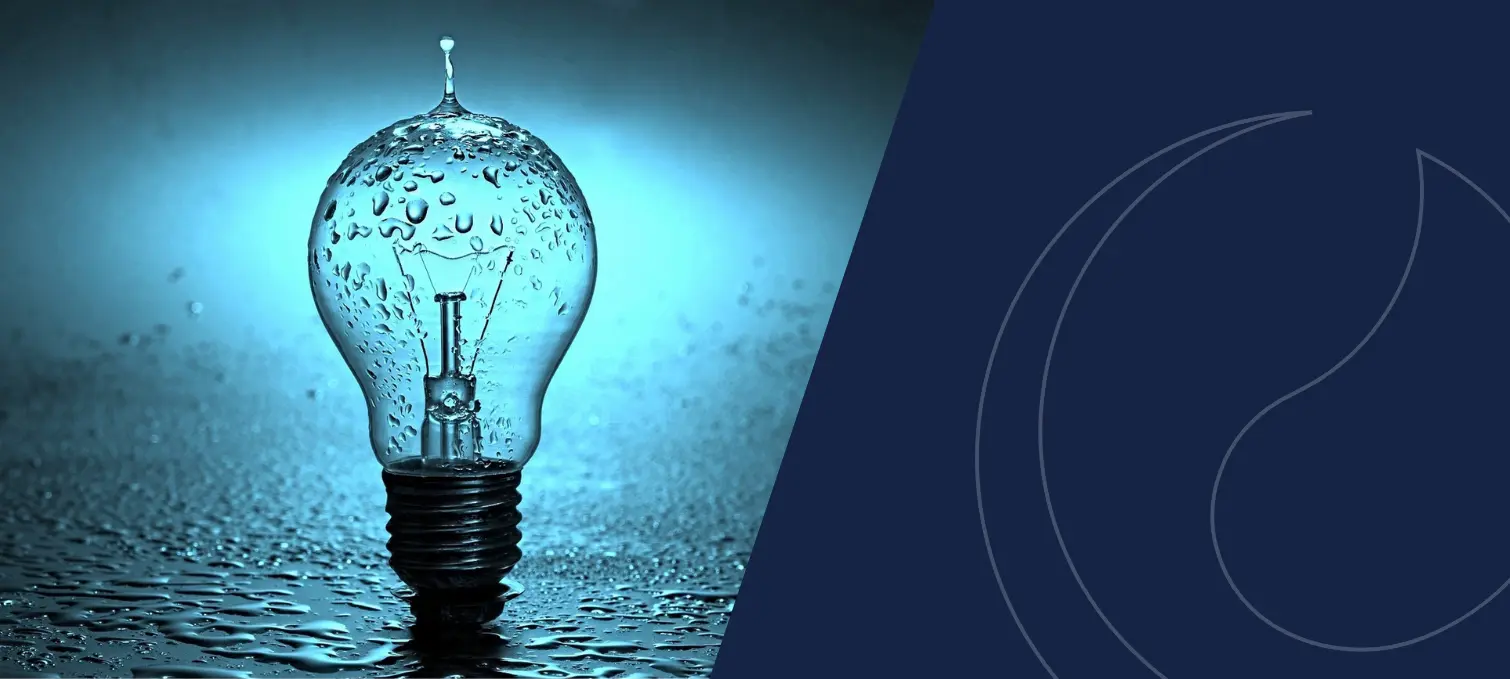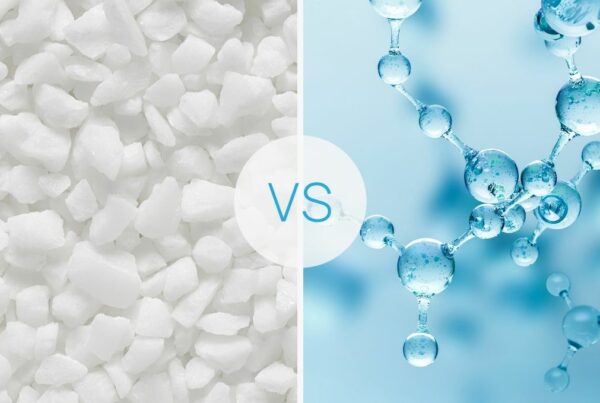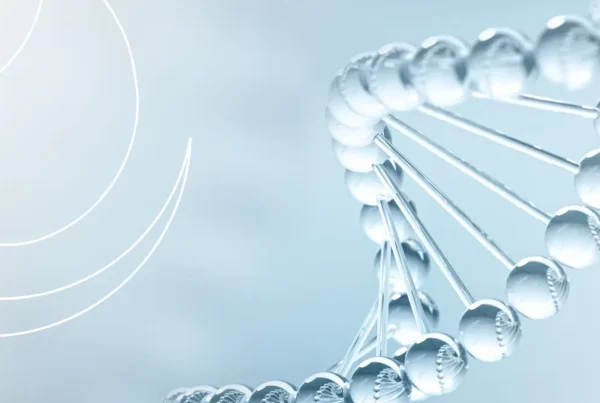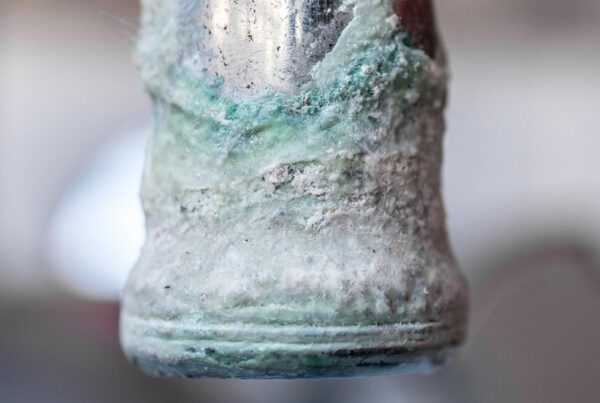Limescale, a persistent problem across numerous industries, has a profound influence on energy consumption. In fact, the Carbon Trust reports that a mere 1 mm layer of limescale can cause a 7% spike in energy input to a boiler to meet identical heat demand (CTV008). British Water also warns that heating elements encrusted in just 1.6mm of limescale can compromise efficiency by 12%, and a 3mm accumulation can cause efficiency to plummet by up to 25% (British Water). It’s clear from these figures that the challenge of preventing and managing limescale accumulation in industrial equipment is crucial.
Many industries face the repercussions of limescale buildup, especially those heavily reliant on water for their operations, including manufacturing, food and beverage production, and hospitality. Limescale forms a tough, white deposit that gathers on equipment surfaces and within pipes when water rich in minerals like calcium and magnesium heats up or evaporates. This gradual accumulation can detrimentally impact the functionality of equipment and boost energy consumption, consequently inflating energy bills and eating into profitability.
The consequences of limescale for energy consumption
The consequences of limescale on energy consumption are significant. As limescale piles up within equipment, it impedes the heat transfer efficiency of heat exchangers, boilers, and other similar systems. This forces them to exert more energy to retain the same level of performance. A study shared in the Journal of Power Technologies reveals that limescale accumulation on boiler heating surfaces can reduce their efficacy by up to 20%. This implies that boilers necessitate more fuel to generate the same quantity of steam, leading to elevated energy consumption and costs.
Limescale build-up can increase the energy consumption of water-using appliances by up to 20%
Beyond boilers, limescale can also affect cooling systems, such as air conditioners and refrigeration equipment. The buildup of limescale on evaporator and condenser coils impairs their heat transfer capabilities, slashing system efficiency and upping energy consumption. Research published in the International Journal of Refrigeration discovered that limescale buildup on air conditioning system evaporator coils can boost energy consumption by as much as 36%.
Limescale can also cause water heaters and other equipment to work harder to maintain the same level of performance, leading to increased energy consumption and higher energy bills. A study conducted by the U.S. Department of Energy found that a buildup of just 1/8-inch of limescale in water heaters can increase energy consumption by up to 30%..
In conclusion, limescale buildup can have a significant impact on energy consumption in households, commercial settings and industries, leading to higher energy bills and reduced profitability.
To prevent limescale buildup and reduce energy consumption, contact us to find the right solution for your needs.
References:
J. Kaniowski, “The Effect of Scale Deposits on the Heat Transfer in Boilers,” Journal of Power Technologies, vol. 94, no. 2, pp. 103-109, 2014.
Y. Tao, Y. Liu, and Y. Lin, “Energy Consumption and Performance Characteristics of Air Conditioning Systems with Different Coil Fouling,” International Journal of Refrigeration, vol. 77, pp. 302-310, 2017.
U.S. Department of Energy, “Scale Formation and Corrosion in Water Heaters,” 2006.
M. Herodotou et al., “The Use of Water Treatment to Increase Energy Efficiency in a Distillation System: A Case Study,”
To find out how water treatment can improve energy efficiency in your home or business, get in touch.

